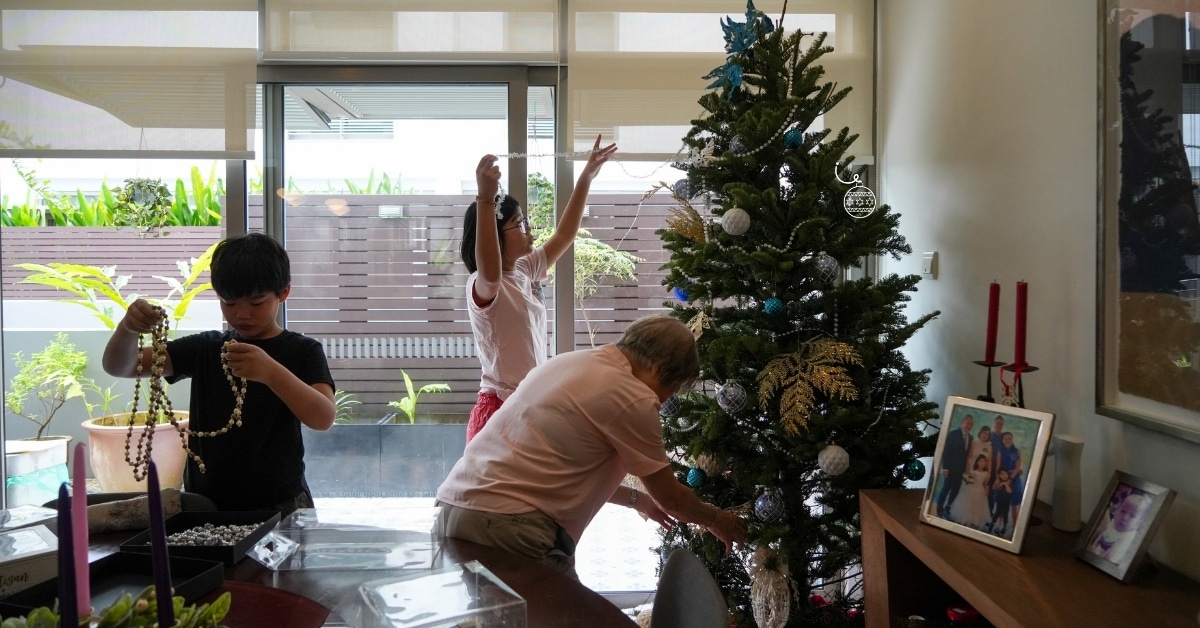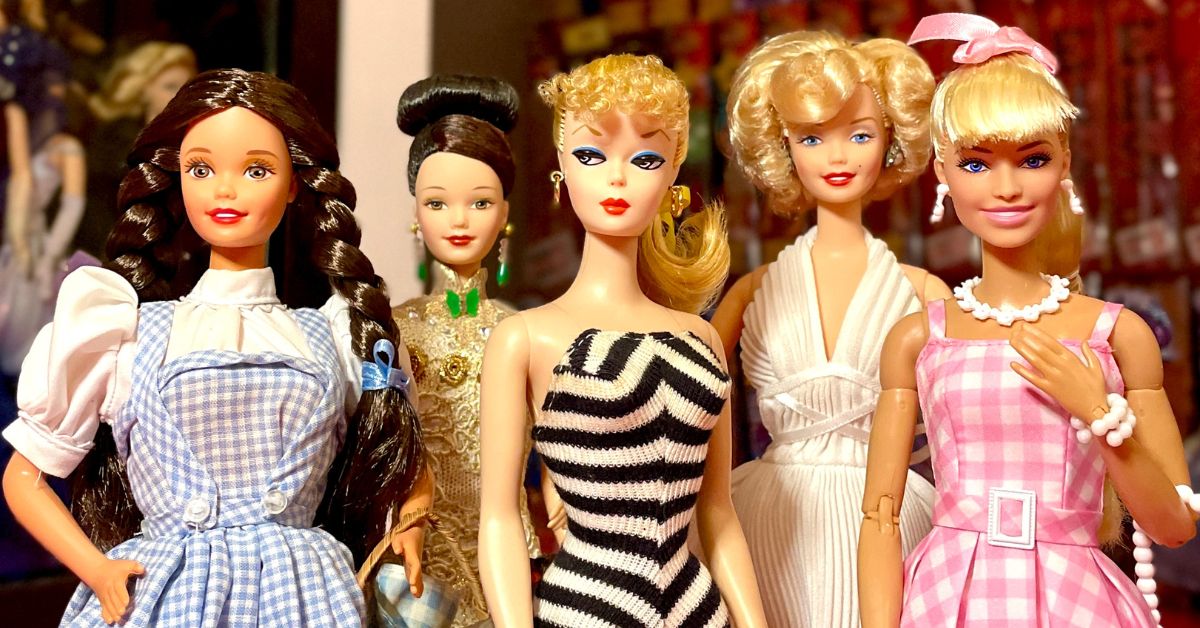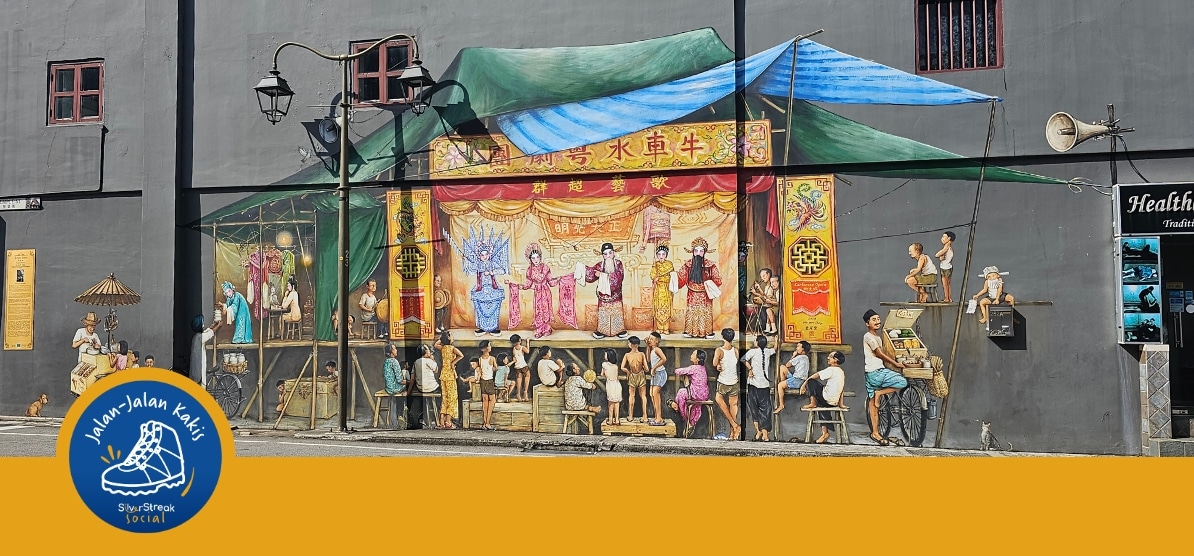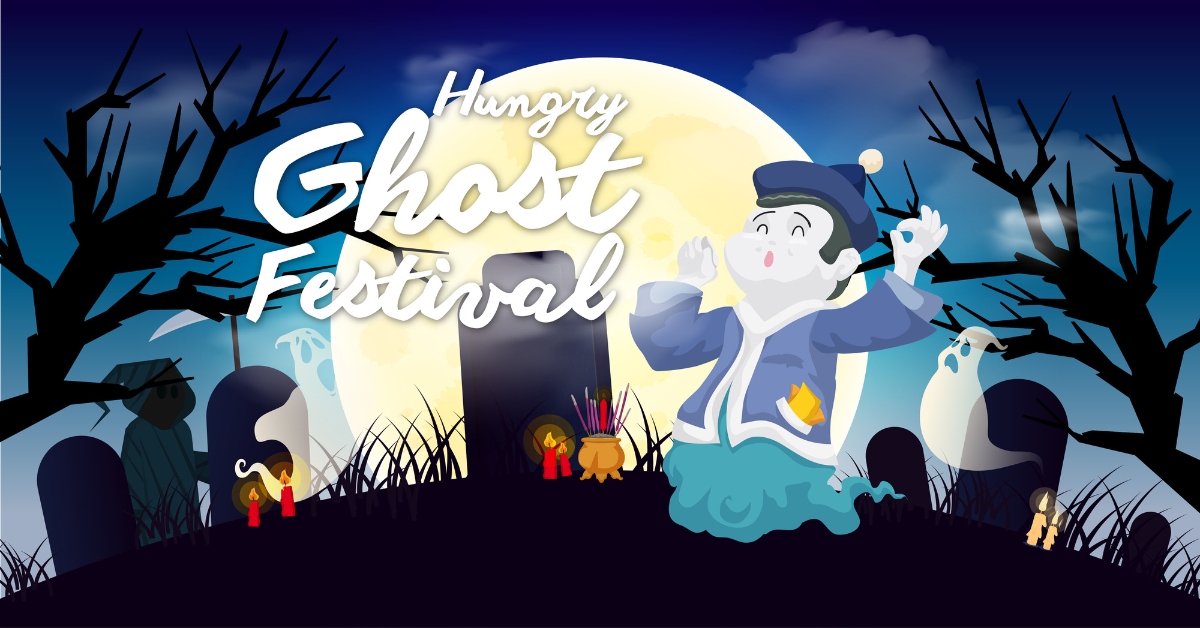
These names are so different from each other – Hungry Ghost Festival, Día de Los Muertos, Samhain, Pitru Paksha, Pchum Ben, Gai Jatra, Chuseok, Obon and Halloween – yet have so much in common.
Just like our own Hungry Ghost Festival – celebrated in Malaysia and China too – they are names of events that honour the dead, and they are celebrated in Mexico, India, Korea, Japan, US, Scotland, Wales, Ireland, Cambodia and Nepal.
To me it’s fascinating that they’re from such diverse cultures, yet they all reveal a respect for beings that inhabit the non-physical realms. Makes me think about beliefs – about life, death, what comes after and power.
The fact that these events exist and continue to be celebrated centuries after they originated – this shows me that many of us believe in the power of spirits/ghosts, whether of people known/loved, or strangers.
It points to the belief that while some people may have “left the building”, they’re certainly still ‘around’.
Advertisement
Honouring dead ancestors like Hungry Ghost Festival
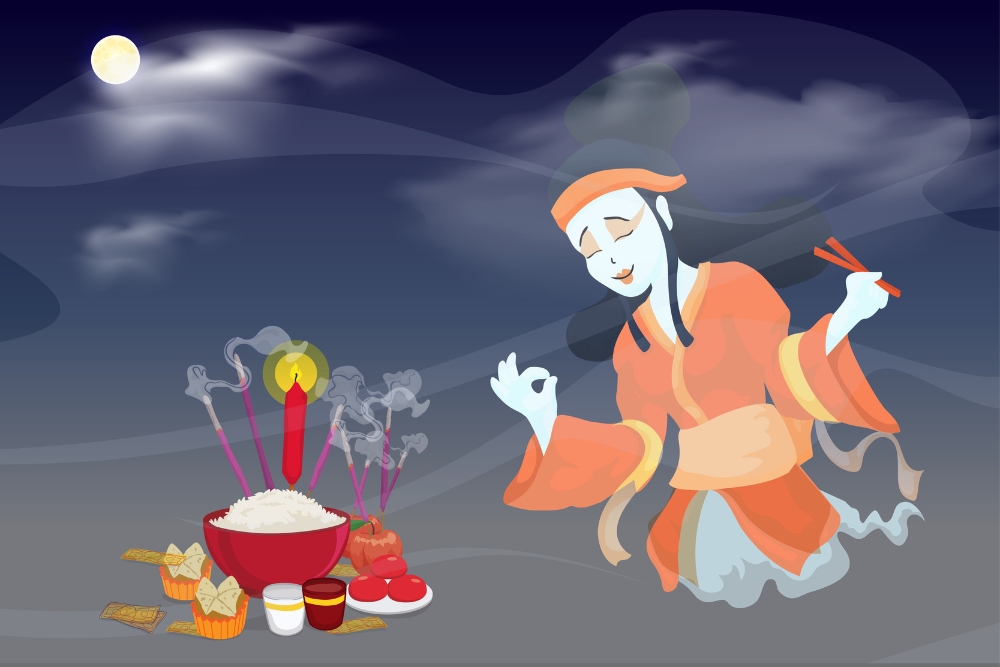
These festivals are not exactly alike in their narrative or in their execution, and over time, they’ve evolved from their original centuries-old versions.
Some, like the Hungry Ghost Festival, Samhain (the pre-cursor to Halloween), Obon and Pchum Ben are based on the belief that during a certain period – or day – spirits of the dead visit the living.
Sometimes, the spirits are visiting, with no particular agenda. At other times, because the spirits are believed to have come through the gates of hell, their other-worldly suffering (and possible desire to wreak havoc here) must be appeased with offerings to recognise, comfort and appease them.
Others, like Día de los Muertos, Gai Jatra, Chuseok and Pitru Paksha, are about honouring one’s dead relatives – sometimes many preceding generations of them – at the same time every year.
Whenever and wherever they are celebrated, it’s interesting and worth noting that quite a few happen at around the same time – between August and November, and some even overlap with each other. There’s definitely a story there!
Spirits in the Material World
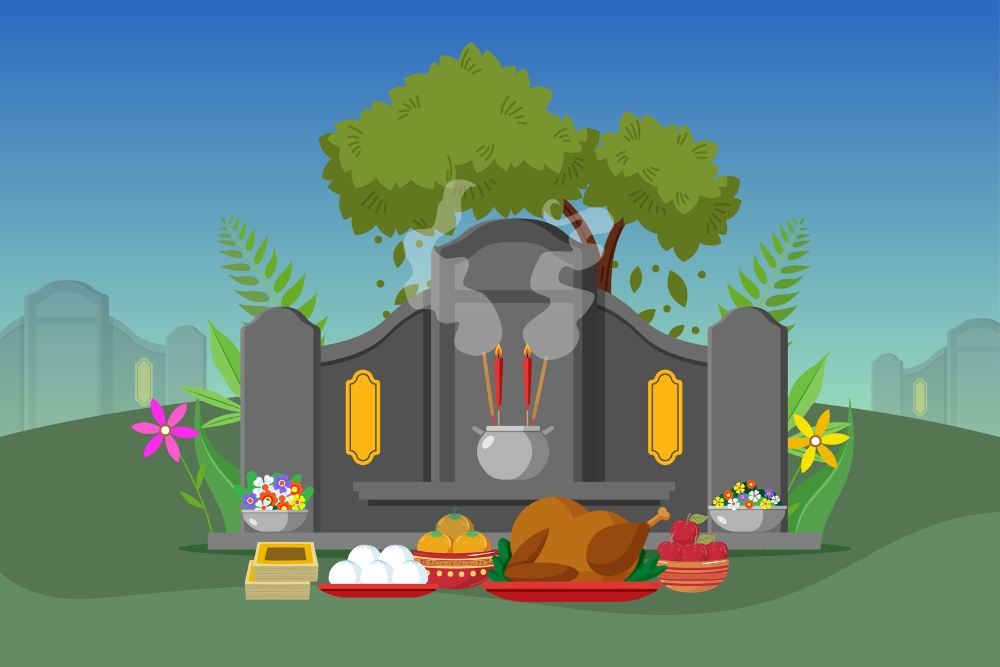
All these colourful and even spectacular events reflect different spiritual, religious and cultural beliefs coming together, melding and morphing over time.
They involve rituals such as cleaning and beautifying the graves of ancestors, making offerings of favourite foods and flowers, and displaying photos; the staging of live performances, parades, and paper offerings of money and luxury cars and properties, which are burnt so that they can be enjoyed in the other world.
Colourful costumes and masks, from the ghoulish to the mundane, food and drink, empty street opera seats specially reserved for spirits. Each of these has a meaning, even though in today’s high-tech world, they might appear to be over the top.
Here in Singapore, we’ve definitely kept up with the times, as street performances are now livestreamed and include pop music in non-Chinese languages.
But coming back to beliefs. These festivals remind us – whatever our personal beliefs – that the spirits of dead ancestors are not so different from the living.
They need to be treated to their favourite food and drink, they need to be acknowledged, appeased, pleased, entertained, helped, shown love and shown respect. And, depending on who you ask, they might make some trouble if you don’t do what they require. If that isn’t human, I don’t know what is!
Writing this story also made me think about myself and what might happen after I’ve checked out.
Where will I be, will I know where I am, will I miss my loved ones, will I be able to come back to visit now and then – not as a spirit returning “officially” during Hungry Ghost month, but as a loving mother spirit watching over my family? So many mysteries and so much to think about.
Whatever you do… don’t do this during Hungry Ghost Festival!
Speaking for myself as a locally-born non-Chinese Singaporean, the Hungry Ghost Festival has always been a time of some niggling concern. From the time we were tots, many of us were warned every time it came around about all the things we mustn’t do so as not to be on the receiving end of hungry ghost activity!
- Don't – even accidentally – step on tree-side or pavement food offerings, scraps of burnt paper offerings, used joss sticks
If anyone had been watching, I surely posed a comical sight that looked like I was playing hopscotch on a non-existent chalk drawing!
I can’t hop about safely anymore, and have devised my own way of apologising and declaring my respect, if I accidentally offend by stepping on something. No one alive can see or hear me doing this, but I’m sure it is appreciated.
- Don't turn around if you hear your name being called from behind you
This was always a tough one, growing up in a neighbourhood where most of us knew each other by name/rude nickname! So for that one month, it was tough behaviour modification all around.
On the extremely rare occasions when I hear my name called these days, I don’t turn around until I hear it a second time and can recognise the voice!
- Don't walk directly through/past a burning ceremony
Well, obviously – why would you do that unless you had no other way to get to where you are going? On the rare occasions when this is the case, I fall back on my own way to declare that I mean no disrespect, and I mean that.
Hungry Ghost Festival Dates to Note
*Dates may change based on the lunar calendar
- 23 August 2025:
This is the first day of the lunar 7th month, when the Hungry Ghost Festival officially begins. This is when it is believed that the gates of hell open, and the spirits of the dead re-enter our earthly plane.
- 6 September 2025:
This is the 15th day of the lunar 7th month, referred to as Zhong Yuan Jie or Ghost Day. This is the time when the visiting spirits are most present and active, so this is when burning of joss paper and offerings is most visible.
- 21 September 2025:
This is the last day of the 7th month, when the ghosts have returned and the Gates of Hell are closed. Sacrificial offerings are made on this day, for a safe year ahead.



